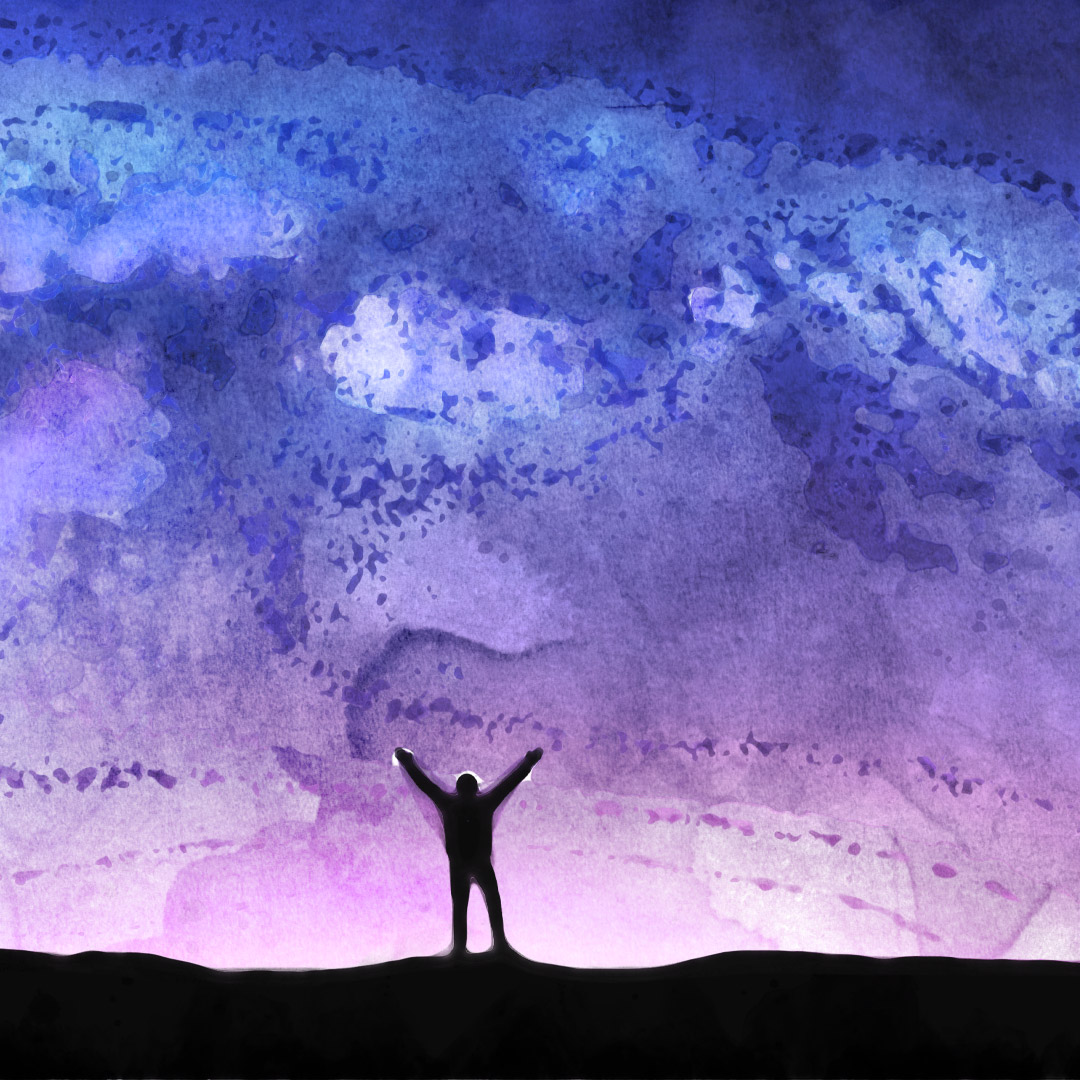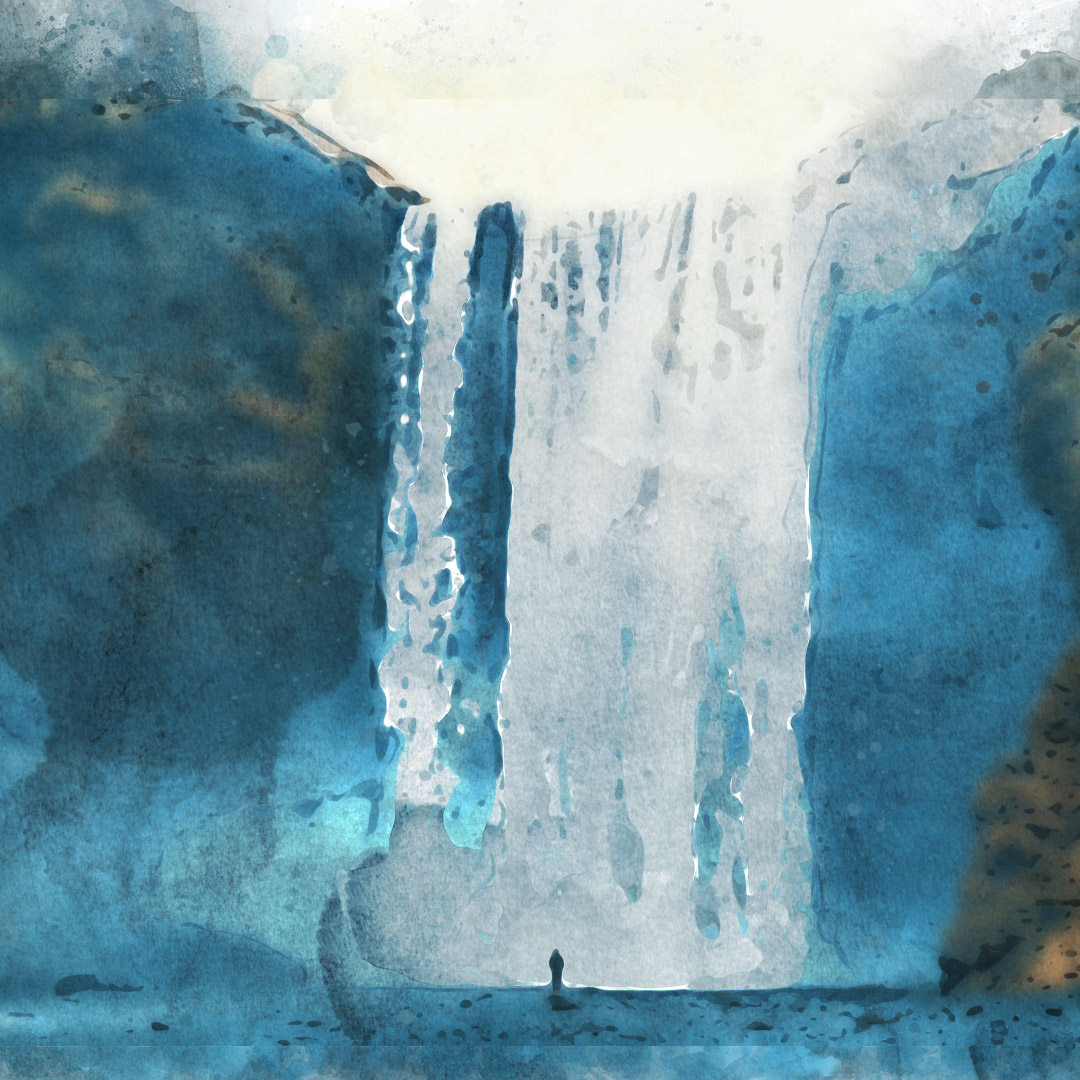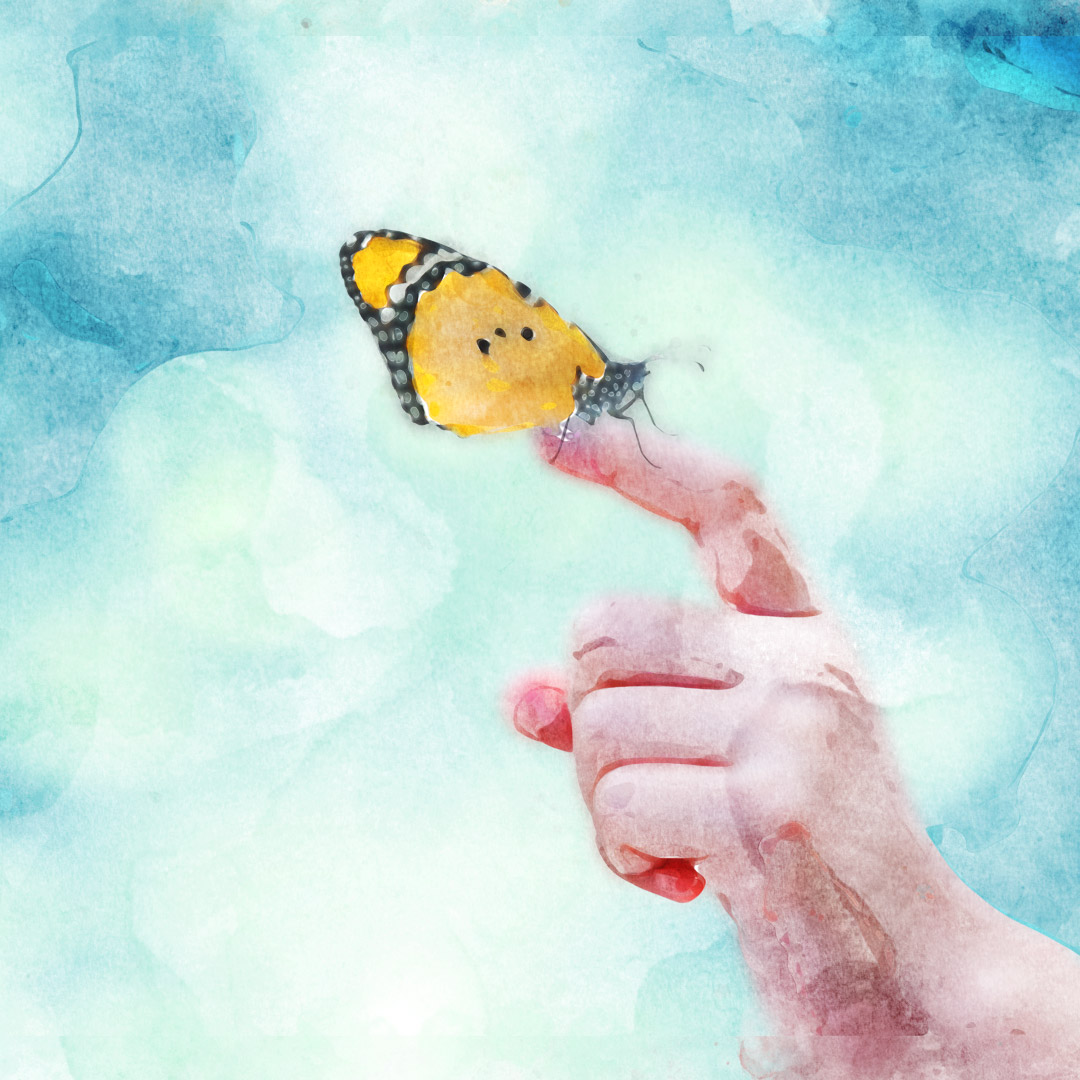“Who Am I?” Meditation encourages the meditator to reflect upon the question, “Who am I?” in order to discover their essential Reality or true self(1).
Your own Self-Realization is the greatest service you can render the world.
-Sri Ramana Maharshi
Introduction
To be happy is an innate desire among all living beings and it can truly be experienced when you know your real self(2). The “Who Am I?” Meditation is one of the primary means to help discover one’s true self as it encourages the practitioner to enquire about who they really are(2). But to know one’s true self is possible only when you have a clear understanding of who you are not(3).
According to Sri Ramana Maharshi, we are not our gross body, our five cognitive sense organs, our Prana or life force, or even our mind that thinks. After eliminating all of these, the remaining Awareness is who we are(2). You can attain that awareness with continuous practice of this meditation.
History/Origins
In 1902, Sri Ramana Maharshi was living in Arunachala Hill’s Virupaksha Cave(2). During that time, a graduate in Philosophy, Sri M. Sivaprakasam Pillai, visited the Master in search of spiritual guidance. He asked the masters fourteen questions relating to Self-enquiry(2).
When there are thoughts, it is distraction: when there are no thoughts, it is meditation.
-Sri Ramana Maharshi
Since the Master did not have the inclination to talk then, he answered the questions by gestures. As Sri Pillai failed to understand them, Sri Ramana Maharshi then answered the questions in writing(2). In the Master’s responses lies the answers to the inquiry, “Who am I?” and the instructions for the “Who Am I?” Meditation(2). Sri Pillai first published the record of the Master’s answers in 1923 and it has been republished several times since then(2).
Benefits of Who am I Meditation
“Who Am I?” Meditation has multiple practical benefits as it helps you eliminate unwanted thoughts and emotions. When you experience any addictive desire, or feel fear and self-doubt, practicing “Who Am I?” Meditation will help you distance yourself from these negative feelings(1).
A research article by Patricia Becker Hentz(4) reveals that self-reflection does not only make one more aware of themselves, but also of others’ experiences. So, self-awareness practices such as “Who Am I?” Meditation can help create a culture of caring among the meditators.
References
- Fingerprint! Publishing | 112 Meditations for Self Realization: Vigyan Bhairava Tantra, Translation and Commentary by Ranjit Chaudhri | Page 109
- V. S. RAMANAN | Who Am I? (Nan Yar?): The Teachings of Bhagavan Sri Ramana Maharshi, Translation by Dr. T. M. P. MAHADEVAN
- Createspace Independent Pub | Happiness and the Art of Being: An Introduction to the Philosophy and Practice of the Spiritual Teachings of Bhagavan Sri Ramana (Second Edition) by Michael James | Page 73
- International Journal of Human Caring | Vol 9, Issue 1 | 2005 | Page 24-28 | Becoming Self-Reflective: Caring for Self & Others by Patricia Becker Hentz






